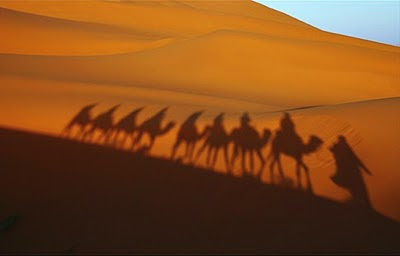“The Matter Stemmed from Hashem”

When I met my beautiful and amazing wife, I had no idea that I would be spending the next (up until now) 24 years with her. I had just moved from Orange County, California, the place that I grew up, to attend collage at UCSB in Santa Barbara. I was an artist-surfer with big plans. I was going to make it big in the art-world. I was going to be famous. I was headed for stardom. You see, since the third grade, I knew what I wanted to be. I didn’t necessarily know what incarnation it would take, but when I received that first place award for the class art project, I knew it had something to do with exploring the inner depths and expressing it for the world to see. What I didn’t know was that art was only a step along the way to something so much larger. My life had taken a turn that would, seemingly, send me on a journey to the end of my days and to the end of the soul that I had been given on this Earth. Surfing, art, and the spiritual quests that developed from those pursuits had plowed...


